#47: Have Characters Justify Their Behavior
Characters constantly justify their behaviors and their perspectives—especially their negative behaviors and perspectives. It is the only way for people to live with themselves: they must feel like their actions and viewpoints are justifiable. If they can’t justify their behaviors, then they will feel guilt, shame, or sorrow. These negative emotions can either lead them to change and grow and try to do differently (as Emma ultimately does in Austen’s novel), or the character may choose to suppress their guilt and other negative emotions and find new justifications for their behavior.
Lady Susan, from Austen’s novella Lady Susan, is an excellent example of a character who justifies her negative behaviors and perspectives.
Near the start of the story, she writes a letter to her friend Mrs. Johnson:
“I received your note my dear Alicia, just before I left Town, and rejoice to be assured that Mr. Johnson suspected nothing of your engagement the evening before; it is undoubtedly better to deceive him entirely;–since he will be stubborn, he must be tricked.”
Here’s part of the passage in Jane Austen’s handwritten manuscript–it appears in the first few lines.
Page 13 of Jane Austen’s original manuscript of Lady Susan. The entire manuscript is in the public domain and can be found on Wikimedia Commons.
Lady Susan uses strong words to describe her own behavior, words that generally have negative connotations: deceive, trick. Yet she feels no guilt.
Characters justify themselves when they feel they have good reasons, and that their behaviors and perspectives are necessary for the situation.
In this case, she feels a need to spend time with her friend Mrs. Johnson, despite Mr. Johnson discouraging their relationship. The only way that she can see Mrs. Johnson is through deceit, which, in her opinion, is necessary because of his stubbornness.
Later in the letter, Lady Susan writes about her experience staying with her deceased husband’s brother, Mr. Vernon, and his wife, Mrs. Vernon:
“I wanted her to be delighted at seeing me—I was as amiable as possible on the occasion—but all in vain—she does not like me.—To be sure, when we consider that I did take some pains to prevent my Brother-in-law’s marrying her, this want of cordiality is not very surprising—and yet it shews an illiberal and vindictive spirit to resent a project which influenced me six years ago, and which never succeeded at last.”
Lady Susan is displeased with Mrs. Vernon’s treatment of her, and she does glimpse the truth, that her own behavior has been at fault.
Even the most despicable characters will generally recognize that they are at least partially at fault in a situation or that they contributed to it in some way.
Yet Lady Susan does not use this recognition in a way that allows for future growth. She does not apologize to Mrs. Vernon, and she does not change her behavior. Instead, she points a finger at Mrs. Vernon.
Characters justify themselves by either placing the blame for their behavior elsewhere, or by pointing to someone else’s behavior as being worse or less justified than their own behavior.
Lady Susan soon sets her eyes on Mrs. Vernon’s unmarried brother, Mr. Reginald De Courcy. Mrs. Vernon writes to her mother, Lady de Courcy:
Lady Susan’s intentions are of course those of absolute coquetry, or a desire of universal admiration.
Coquetry is flirtation, often a sexual flirtation, and was seen very negatively in the time period. In Mrs. Vernon’s letter, she details Lady Susan’s artifice. Yet Lady Susan represents herself in this situation very differently as she writes to Mrs. Johnson:
“I am much obliged to you my dear Friend, for your advice respecting Mr. De Courcy, which I know was given with the fullest conviction of its expediency, tho’ I am not quite determined on following it.—I cannot easily resolve on anything so serious as Marriage, especially as I am not at present in want of money….
“It has been delightful to me to watch his advances towards intimacy, especially to observe his altered manner…My conduct has been equally guarded from the first, and I never behaved less like a Coquette in the whole course of my Life, tho’ perhaps my desire of dominion was never more decided.”
An excerpt from page 32 of the original manuscript of Lady Susan. Available in the public domain through Wikimedia Commons.
Characters are apt to interpret and represent the same events in a way that paints themselves most favorably. While Mrs. Vernon see coquetry, Lady Susan insists that “I have never behaved less like a Coquette in the whole course of my Life.”
As we look at Austen’s works, we see many other characters justifying themselves—in Pride and Prejudice, Elizabeth justifies her condemnation of Mr. Darcy and her occasional mistreatment of him. In Emma, Emma justifies her belief of knowing better than anyone else, and she justifies her treatment and judgment of Jane Fairfax and Miss Bates.
In all of these cases, we see that the characters must justify their negative perspectives and outward behavior both to themselves and to select characters around them.
Lady Susan never changes—she digs into her position, and does worse and worse things throughout the novella.
Emma and Elizabeth both are forced to see gaps in their justification; their encounter evidence which challenges their viewpoints; they can see the negative impact of some of their actions. Rather than leaning into their justifications, as Lady Susan does, they both make changes in their lives. Note: Emma at first does resist change, and does resist recognizing her error, even after seeing negative consequences for her behavior; it is only at the end of the book that she makes a change. Elizabeth’s perspective on Mr. Darcy begins to change after the midpoint of the novel, upon reading his letter.
Exercise 1: Make a list of ten negative behaviors or actions (these could be anything—yelling at someone, cutting someone off on the road, not paying a bus fare, etc). Now write down a justification a character could have for each behavior. Make sure to use each type of justification at least once (necessary/have a good reason for it, placing blame elsewhere, someone else’s behavior is worse, interpreting the event more favorably for themselves).
Exercise 2: Choose a book not written my Jane Austen. Find a moment when a character justifies their behavior to themselves, and another moment when they justify their behavior to someone else. Do they use the same justifications or different? How does the other person respond, and how does the character react to that response?
Exercise 3: Option 1: for a story you have planned, find a scene or a moment where your character has an objectionable perspective or behaves in a negative or harmful way. Brainstorm ways they might justify themselves, and, if you’re ready, write the scene.
Option 2: Most characters have an objectionable perspective or perform a harmful action at some point. For a story you have drafted, does your character have any objectionable perspectives or harmful actions? Does the character justify themself? If not, add a justification. If they already have a justification, try to improve their justification.
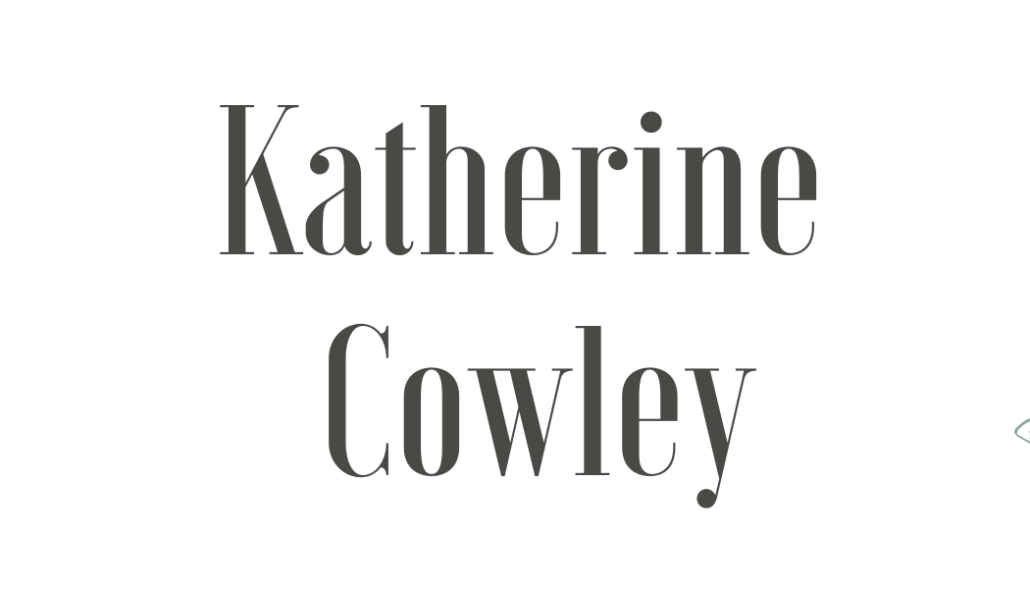
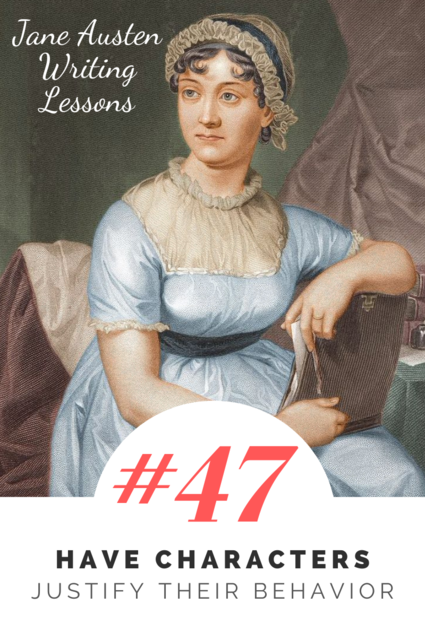
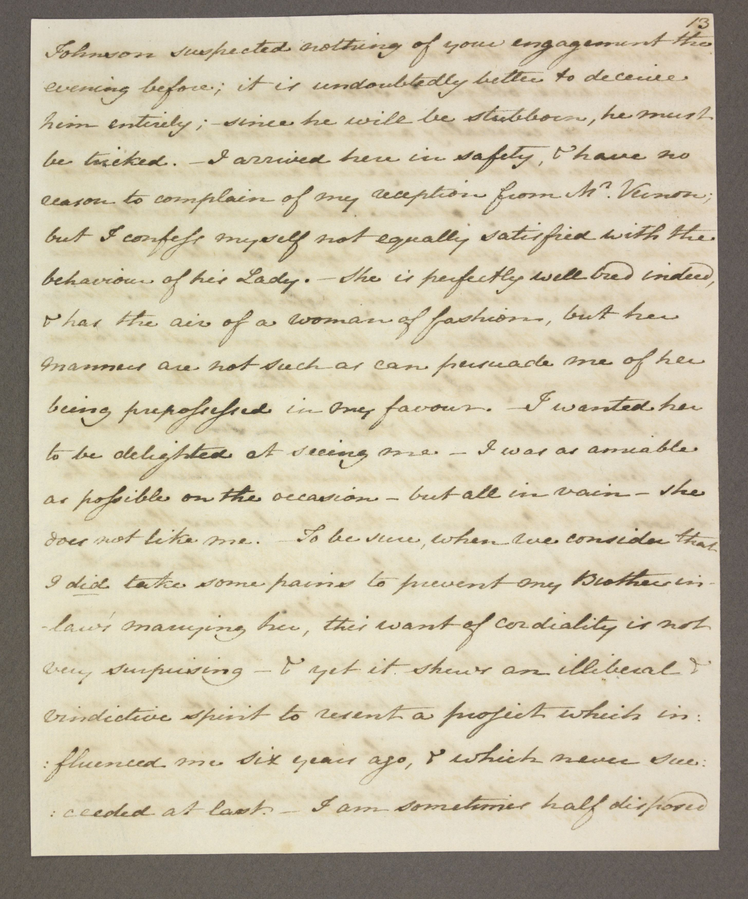


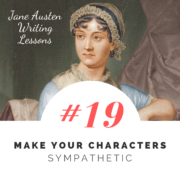
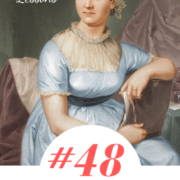
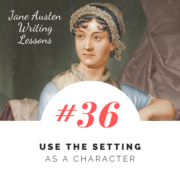
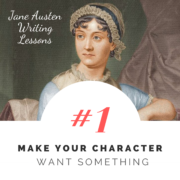
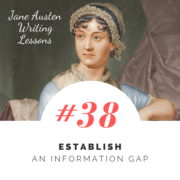


Leave a Reply
Want to join the discussion?Feel free to contribute!